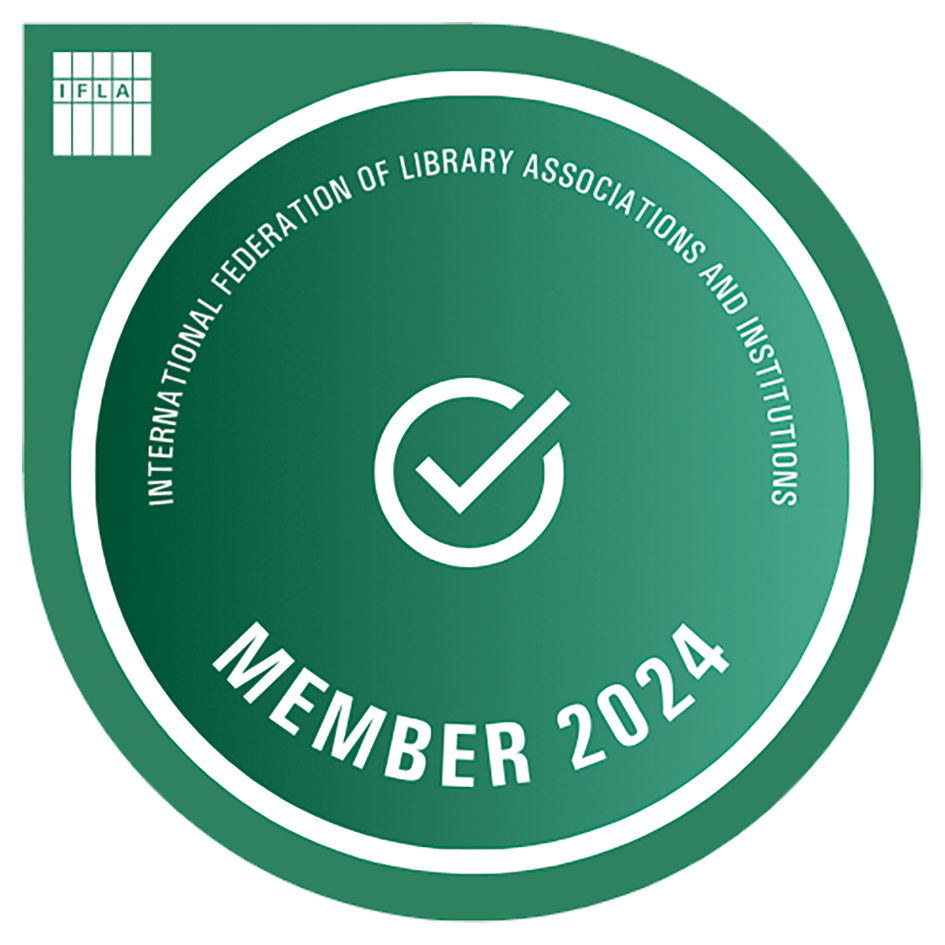閱讀活動錄音下載
- 2018-12-01
著者:康豹(Paul R. Katz)主講
出版(活動)日期:2018-12-01
時間:00:31:25
發音:英語
出版者:國家圖書館
內容簡介
為促進臺灣本土道教研究與世界的對話,國家圖書館與德國萊比錫大學圖書館於2018年11月29日起於該校總圖書館(Bibliotheca Albertina)舉辦「道教與地方宗教─典範的重思」(Daoism and Local Cults: Rethinking the Paradigms)國際學術研討會,以及「天之道:道教與地方宗教」主題文獻展。
在11月30日至12月1日進行「道教與地方宗教─典範的重思」研討會方面,會議主題探討近世以來,道教與地方宗教融合過程中,雙方存在之張力與對立,以及複雜的互動模式。策劃會議合辦方籌備代表柯若樸教授 (Prof. Philip Clart)表示,本會議旨在評估並釐清現存各種學術觀點與立場,以便進行更具反思性與深入分析的辯論。希望能解開學術論述中纏繞在主位∕客位範疇的環節,進而發展出讓持不同立場學者可以共同使用的論述詞彙及明確的參數。為了實現會議目標,因此國家圖書館與萊比錫大學圖書館邀請到歷史與民族學領域的專家學者,包括來自德、法、臺、日、美、英,以及香港等地學者,發表論文來一起探討問題。
This paper draws on a wide range of historical and ethnographic data to consider the reverberation between Daoism and communal religious traditions in Miao 苗 areas of Western Hunan (Xiangxi 湘西). It does so by considering Daoism’s impact on the following types of specialists: 1) Male ritual masters referred to using the autonym badaizha 巴代扎 (bax deib zhal in Miao; usually labeled “ke laoshi 客老師” by local scholars and officials), who perform rites derived from Daoism in local dialect (tuhua 土話) and Standard Mandarin Chinese (putonghua 普通話); 2) Male ritual masters known as badaixiong 巴代雄 (bax deib xongb; usually labeled “Miao laoshi 苗老師”), who stage rituals in Miao based on oral traditions that exhibit less Daoist influence; and, 3) Spirit mediums referred to as xianniang 仙娘 (xiand niangx, goud niandx), who also perform their rituals in Miao (most are women, but there are also male mediums known as xianshi 仙師). Apart from introducing these specialists’ main rituals and the degree to which they have been shaped by Daoism, I will explore the significance of the fact that most of their rites are held in the home for individuals or families (temples play a relatively minor role), as well as the importance of male and female ancestors as specialists’ patriarchs (which suggests that being a specialist is often a family affair outweighing religious affiliation).
2019.2.21更新
- 資源查詢
- 公告資訊
- 關於本館
- 讀者服務
- 申辦服務
- 其他網頁連結



